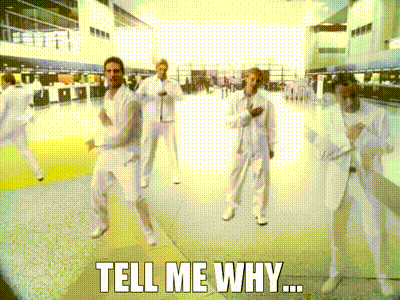The Socratic method - the act of chaining together a repeated series of questions to move closer to the crux of an issue - gets something of a bad rap sometimes. It’s too often assumed to be a high-pressure assault on students in law classes, or a technique used by politicians and journalists alike to trap each other in a contradiction. Yet as Dictionary.com highlights, there are actually two modes in which you can apply Socratic questioning:
- to develop a latent idea, as in the mind of a pupil, or
- to elicit admissions, as from an opponent
When high-functioning agile teams operate in the first mode, great things can happen - and these can only benefit your end-users.
It’s more than just “playing dumb”
When coaches and leaders employ Socratic questioning, the natural assumption is that they are just “playing dumb” in order to encourage a team member to proffer further answers. However, follow-up questions can be grouped into a variety of categories, depending on your intent or your needs in a given situation. This PDF from Intel.com categorises the following Socratic operating modes:
- Clarifying: “What do you mean by…?”, “Could you give us an example?”
- Question the question: “Why do you ask that?”, “Why is that important?”
- Assumptions: “Why would someone assume this?”, “You seem to be assuming…?”
- Reasoning: “Why do you think this?”, “What evidence is there to support this?”
- Origin/Source: “Where did you get this idea?”, “Have you always felt this way?”
- Consequence: “What effect would this have?”, “What is an alternative?”
- Viewpoint: “How might others disagree?”, “How could you answer their objections?”
You can also be on the lookout for commonly-overused superlatives, such as “best”, “always” and “never”, and reflect on whether the use of these words is accurate. (Repeated reuse of the Socratic method will often result in people reducing their use of such superlatives, as they begin to understand that they’ll be called-out for using them.)
By effectively chaining your conversational flow by harnessing these modes, you can encourage greater critical thinking, and - perhaps most importantly - uncover viewpoints which might have otherwise gone unmentioned. Typically, when stating assumptions during software development, we generalise for the largest group possible, often leading to the exclusion of minority groups.
With great power…
Effective Socratic coaching is a skill, however, and one which must be practiced in order to perform it effectively. It’s too easy to slip from an “inquisitive” to an “interrogative” line of questioning, which can give the impression that you’re singling-out individuals for special attention. As Psychology Today highlights, there are ethical concerns to bear in mind, not least when putting neurodivergent people into the spotlight, and there’s an inherent requirement to foster a trusting and empathic environment. (Indeed, I once participated in a workshop with a famous teacher who employed the Socratic method, and he regaled us off a tale of how he once accidentally brought a student to tears because they were unaware of the intent of his questioning.)
With that in mind, here are some tips on how to effectively introduce this approach to generating ideas:
- Ensure that everybody knows what technique you’re employing, and why you’re doing it. Specifically, it’s not a witch-hunt!
- Let participants know that they can subject you to Socratic questioning too. You’re not exempt from the proceedings; if they want to understand why you gave a particular answer or pursued a given line of questioning, they’re entitled to ask.
- Introduce a “safe-word”, or some other get-out, so that if someone finds themselves in an uncomfortable position (for instance, if you’ve pursued a line of questioning with them for longer than they’re comfortable with) then you can redirect the question to another member of the group.
By following these ideas, hopefully you’ll find that your teams are frequently able to do deeper-dive thinking during requirements gathering and ideation sessions, resulting in products which better suit the needs of all of your users, rather than just the main groups which come to mind.
Key takeaways 📝
- Socratic questioning isn’t just for lawyers and detectives - it needn’t be interrogatory.
- Having awareness of different modes of questioning can help steer you in meaningful directions.
- Question your assumptions, and especially your over-use of superlatives like “never” and “always”.

